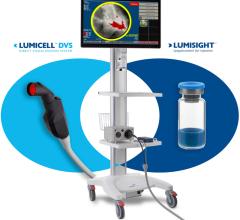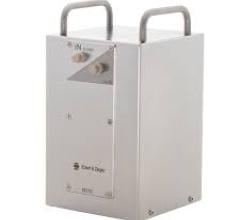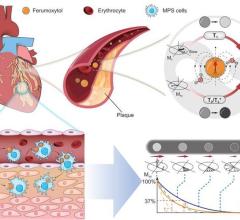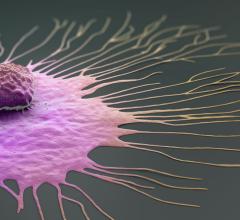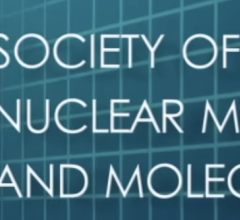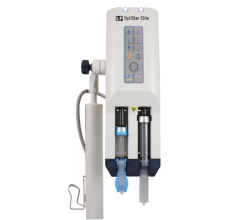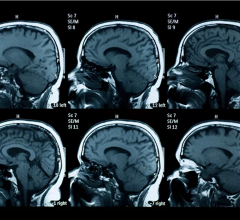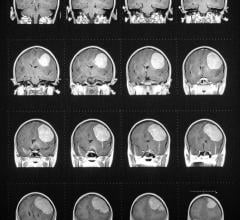February 4, 2016 — Akrotome Imaging Inc. received a major award from the National Institutes of Health (NIH) in November to complete development and commercialization of its new imaging platform.
The $1.7M grant will fund the development of an imaging instrument and a fluorescent molecular probe that “lights up” many kinds of previously invisible cancer cells, making it easier for surgeons to determine if all cancer cells have been removed or if additional surgeries are required.
Instead of requiring patients to receive large doses of probe via IV hours before the procedure, Akrotome developed something that could be easily sprayed on the tumor area to reveal traces of remaining cancer cells. Results are available in minutes and the patient does not need to be injected with probe.
While the probes can also be administered via IV, the external and topical applications of the probes mean they have fewer U.S. Food and Drug Administration (FDA) regulatory hurdles than competing probes and can reach the market faster and at a much lower cost.
Akrotome has a portfolio of probes that target cathepsins, cancer-associated enzymes that are expressed by 85 percent of solid tumors. Trials conducted by the company indicate the probe can highlight cancer cells with better than 95 percent accuracy. The probes and technologies were developed in the laboratories of Matthew Bogyo, Ph.D., at Stanford University and James Basilion, Ph.D., at Case Western Reserve University, with imaging capabilities provided by Indec Systems Inc.
Akrotome is currently moving its probes forward for use in skin and breast cancers. Future targets include colon, ovarian and lung tumors.
Research is supported by the National Cancer Institute of the National Institutes of Health under Award Number 2R44CA180296-02.


 July 09, 2024
July 09, 2024 

